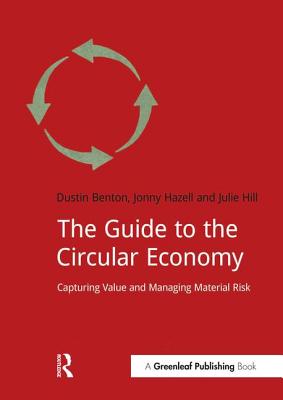The term “Circular Economy” is becoming familiar to an increasing number of businesses. It expresses an aspiration to get more value from resources and waste less, especially as resources come under a variety of pressures price-driven, political and environmental.Delivering the circular economy can bring direct costs savings to businesses, reduce risk and offer reputational advantages, and can therefore be a market differentiator but working out what counts as “circular” activity for an individual business, as against the entire economy or individual products, is not straightforward.This guide to the circular economy gives examples of what this new business model looks like in practice, and showcases businesses opportunities around circular activity. It also: explores the debate around circular economy metrics and indicators and helps you assess your current level of circularity, set priorities and measure success; equips readers to make the links between their own companys initiatives and those of others, making those activities count by influencing actors across the supply chain; outlines the conditions that have enabled other companies to change the system in which they operate. Finally, this expert short work sets the circular economy in a political and business context, so you understand where it has come from and where it is going.

Geef een reactie
Je moet ingelogd zijn op om een reactie te plaatsen.